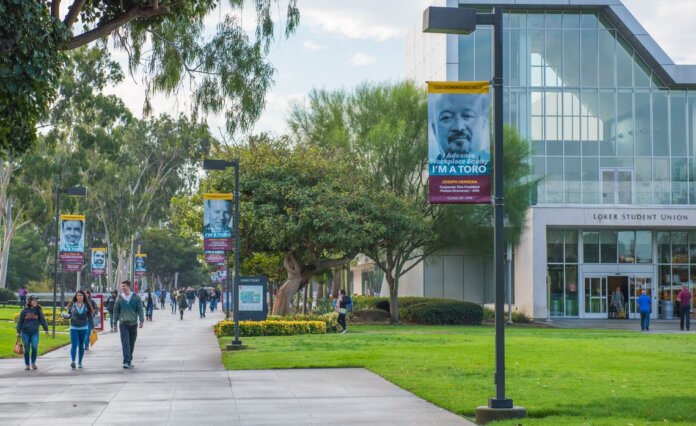Pacific Gas and Electric Co. (PG&E) has proposed a new pilot to help California universities reduce greenhouse gas (GHG) emissions in support of the state’s climate goals. If approved by the California Public Utilities Commission (CPUC), PG&E would team up with the University of California (UC) and California State University (CSU) systems to introduce a Clean Energy Optimization Pilot (CEOP) to campuses across Northern and Central California.
First unveiled by Southern California Edison for UC and CSU campuses in their service area, the program focuses on substantially lowering GHG emissions at the source. Universities would receive incentives directly based on their GHG reductions. PG&E also proposes to consider the expansion of this program to similarly situated customers in the future.
“Reducing greenhouse gas emissions is one of the most critical and impactful steps an organization can take to reduce its environmental impact,” says Aaron August, PG&E’s vice president of business development and customer engagement. “Innovative and collaborative programs like the Clean Energy Optimization Pilot are essential to the future of a clean California, and PG&E is proud to collaborate with California universities on this exciting proposal.”
In the CPUC filing, PG&E seeks to use approximately $50 million of unspent, unallocated GHG auction revenues over a four-year period. Funding would result from California’s Cap-and-Trade Program, not from customer rates.
UCs and CSUs in PG&E’s service area would be eligible. Participants could take a variety of steps to receive incentives, including retrofitting buildings to be more energy efficient; building new construction efficiently with energy usage top of mind; investing in on-site renewables, such as solar and energy storage; and installing electric vehicle charging stations and electrifying customers’ fleets to run on clean electricity. If approved, the program could begin as early as 2023 and would run for four years.




